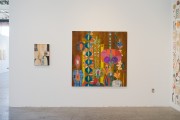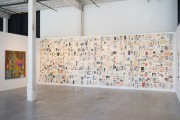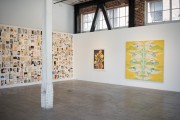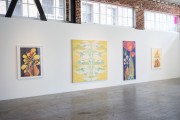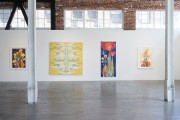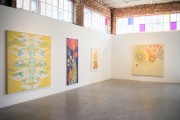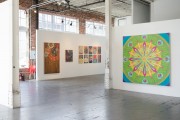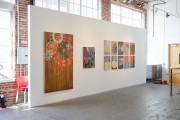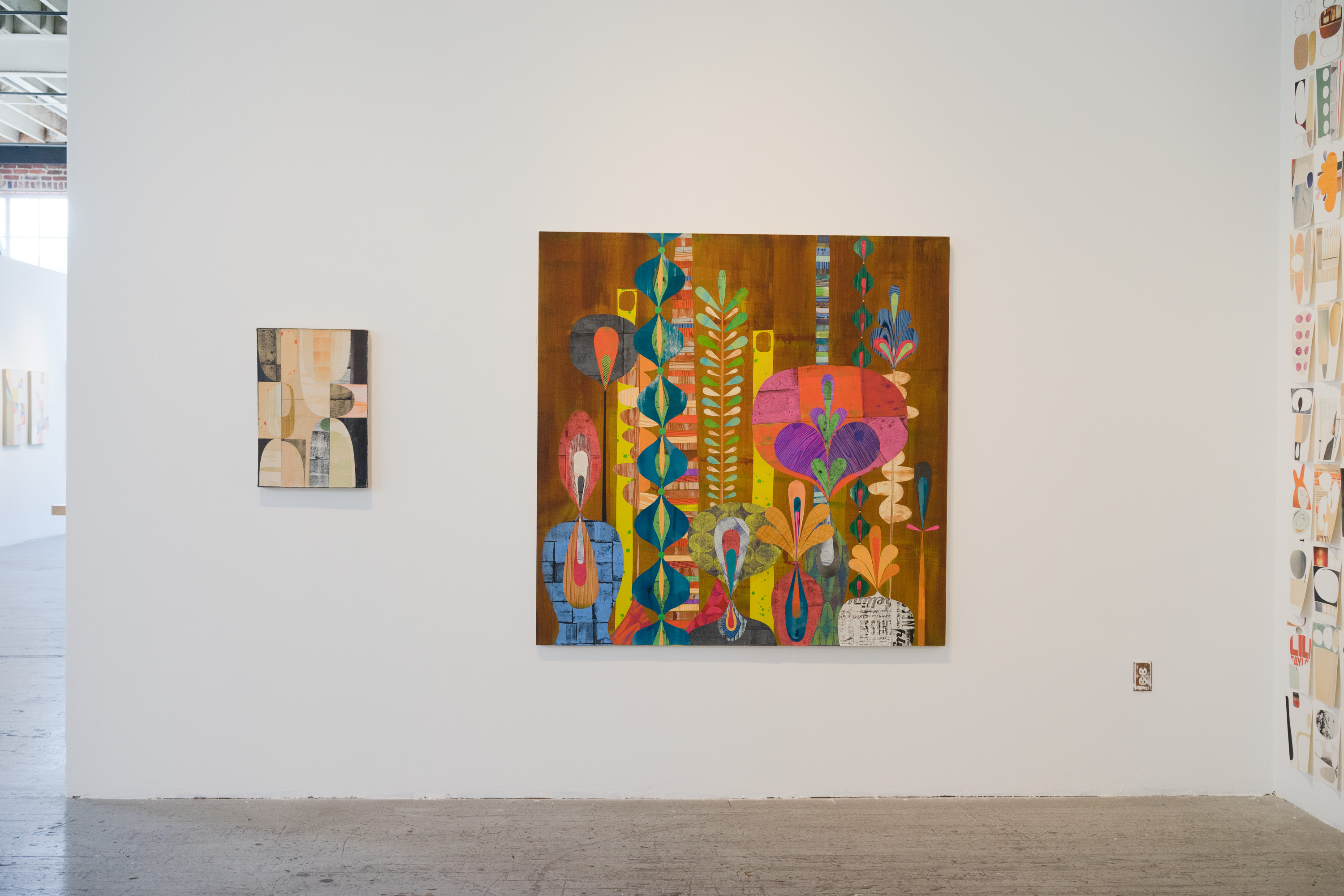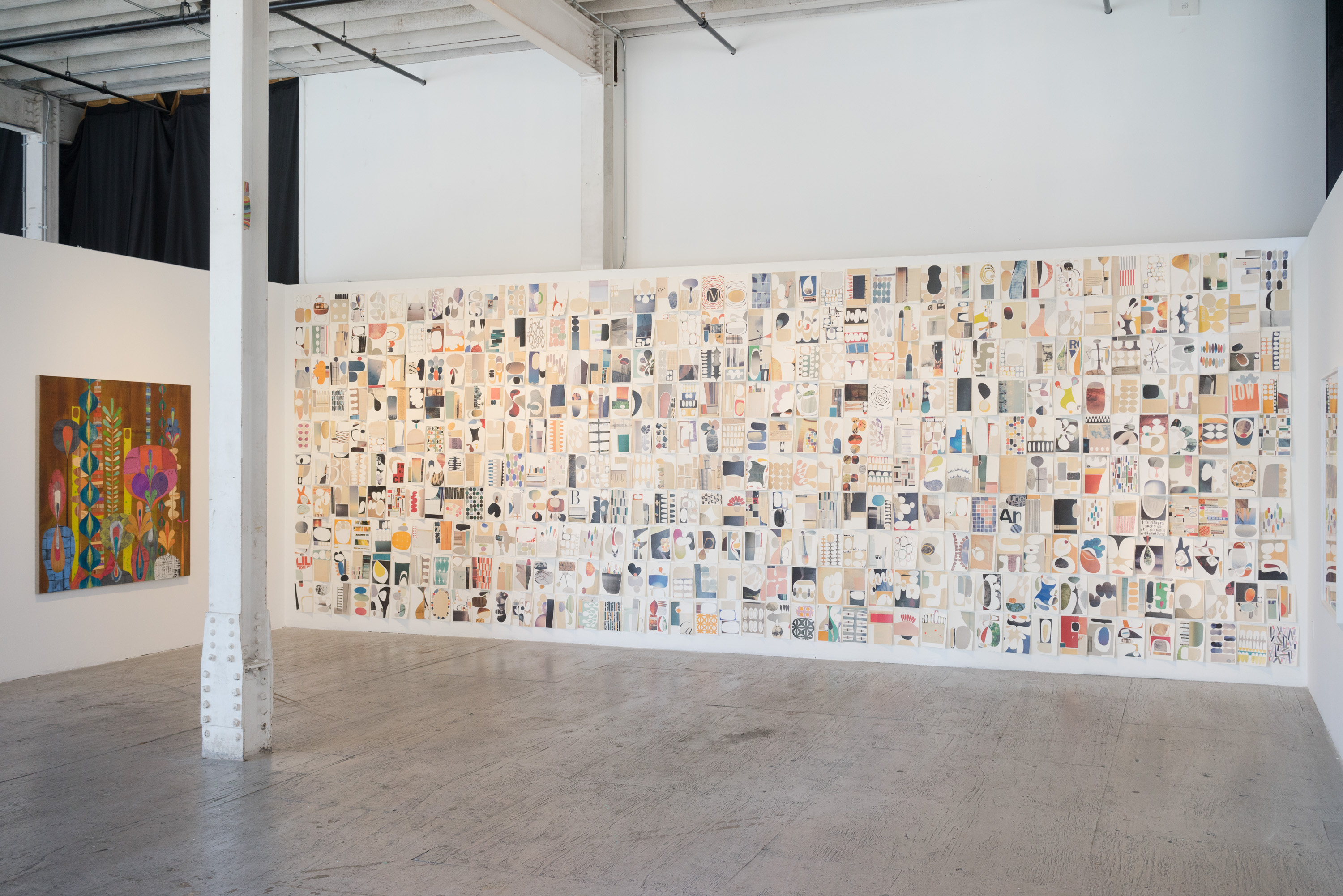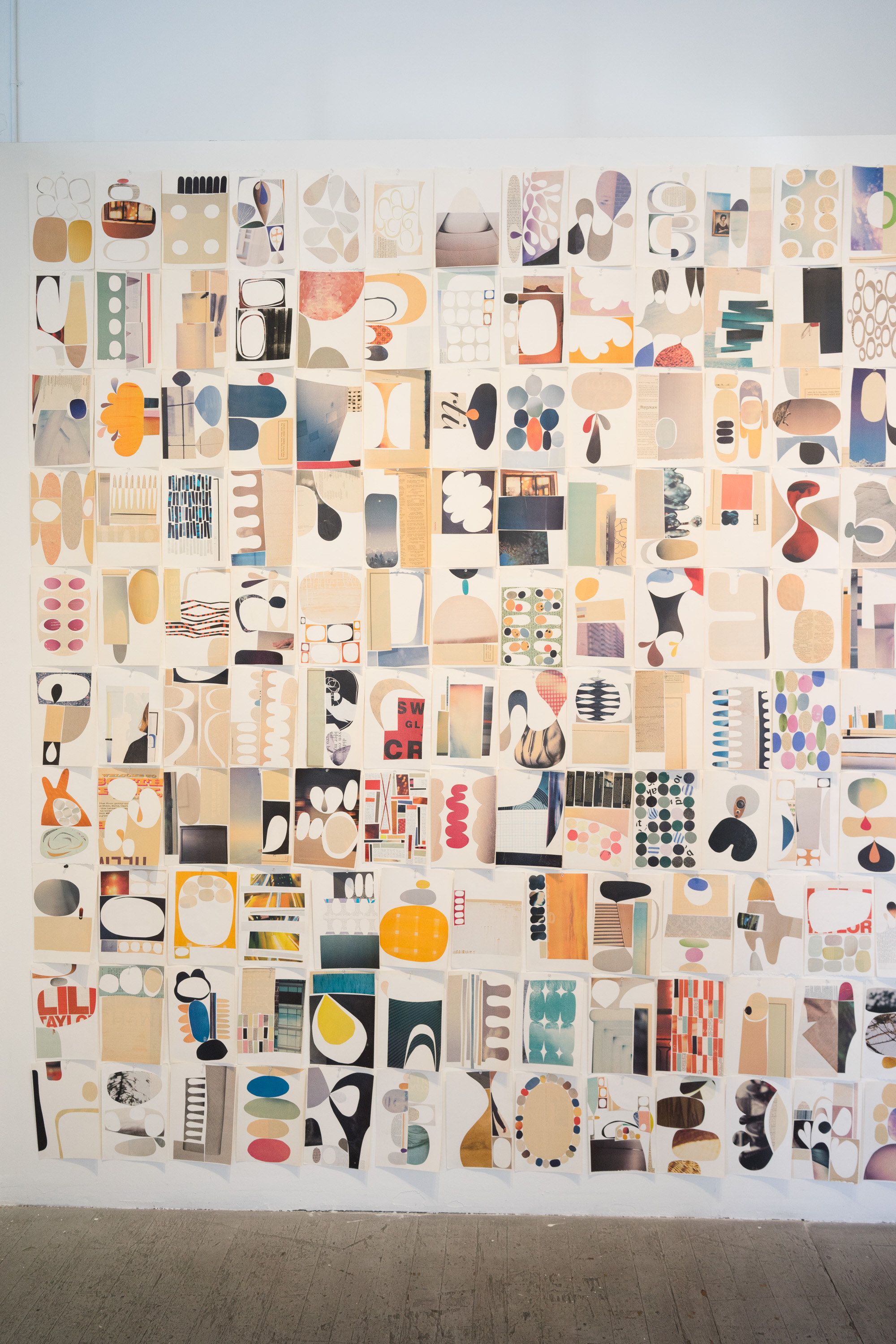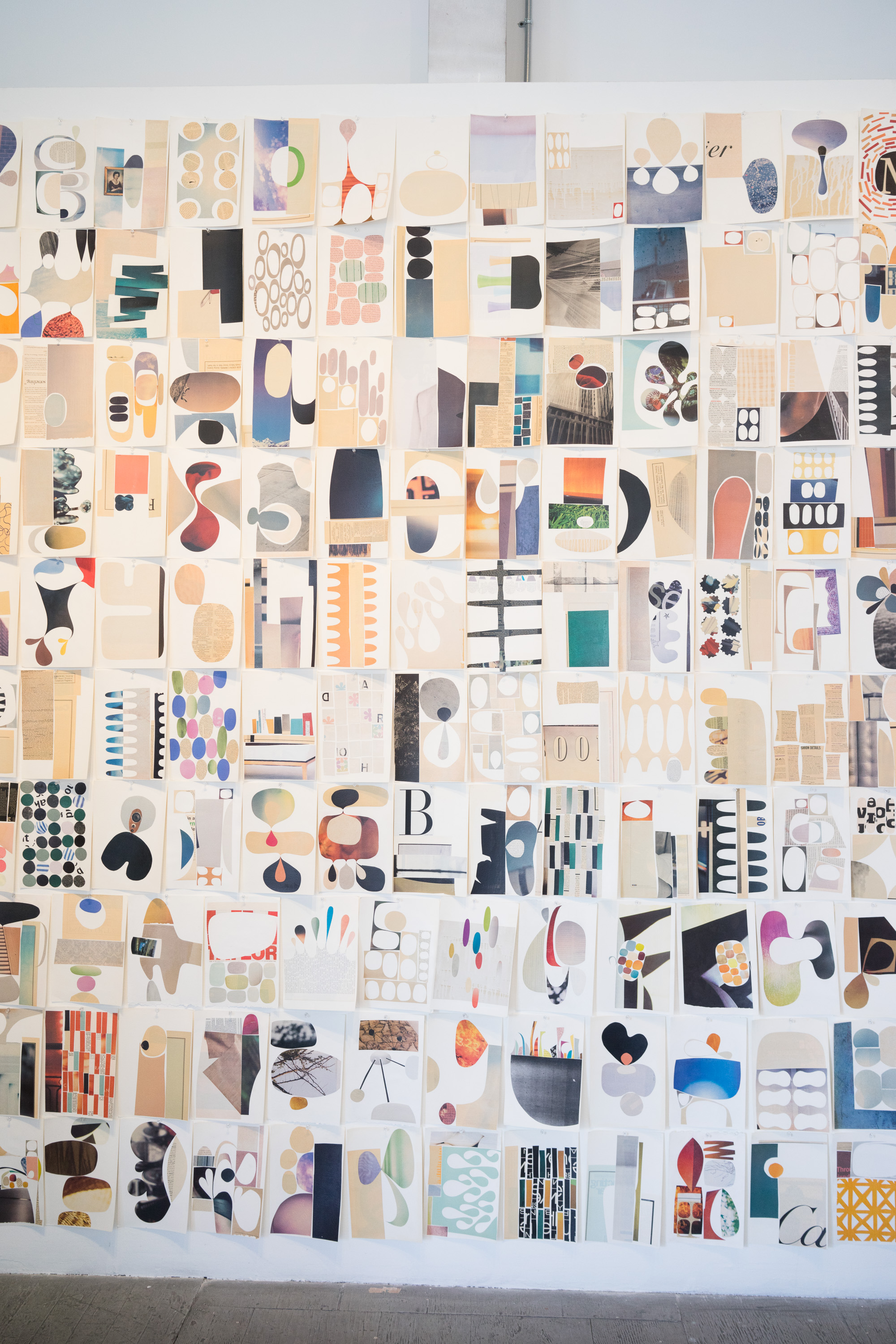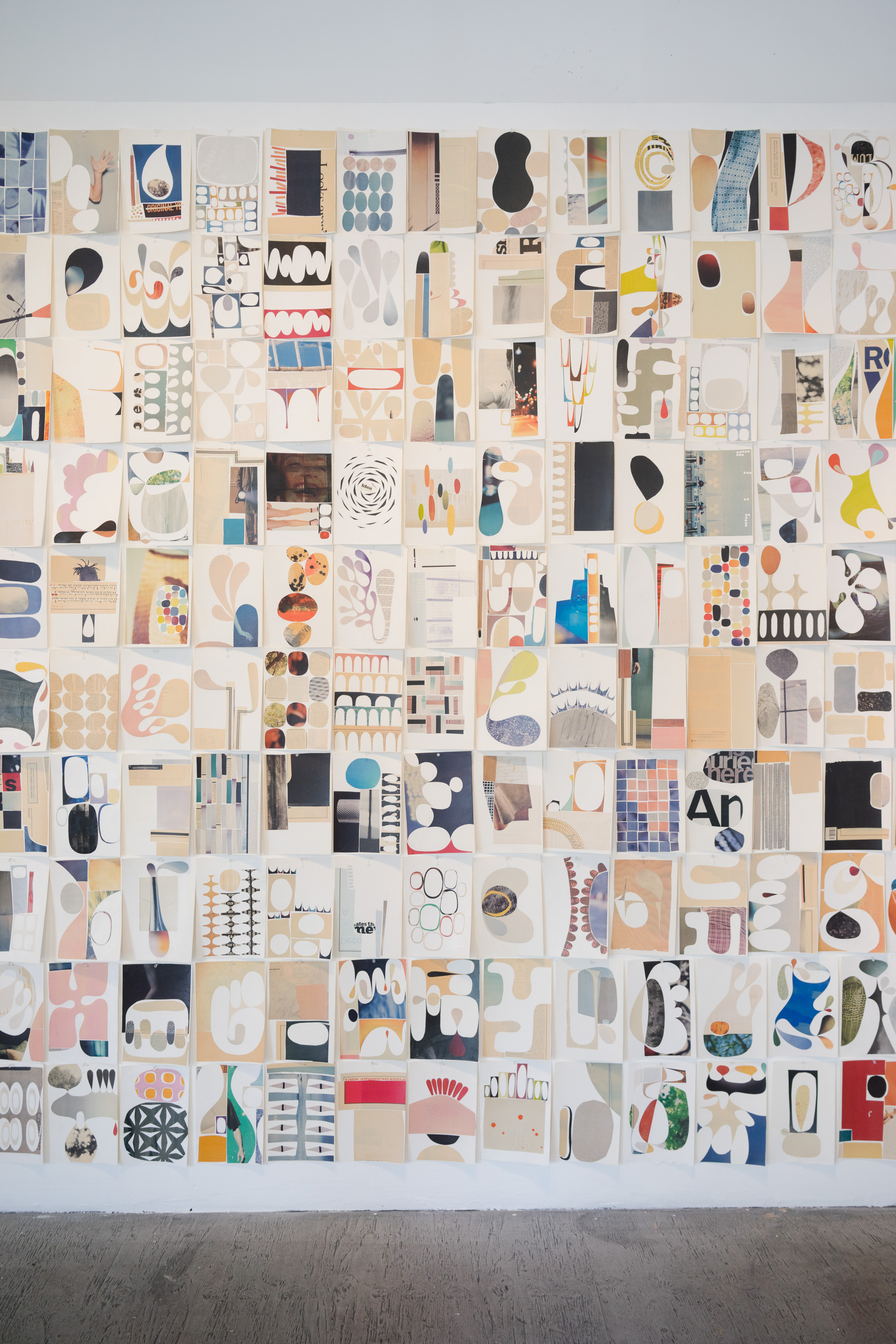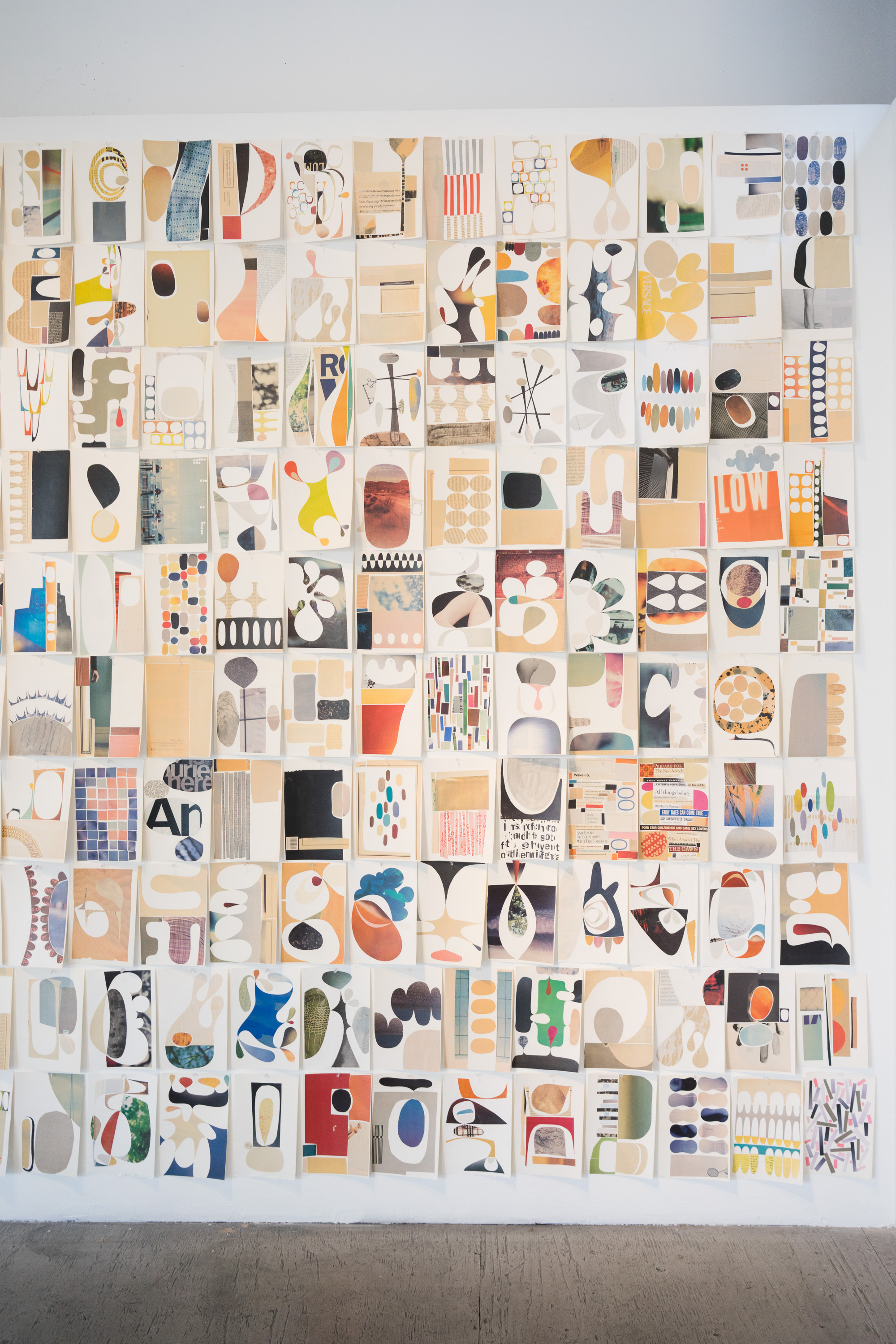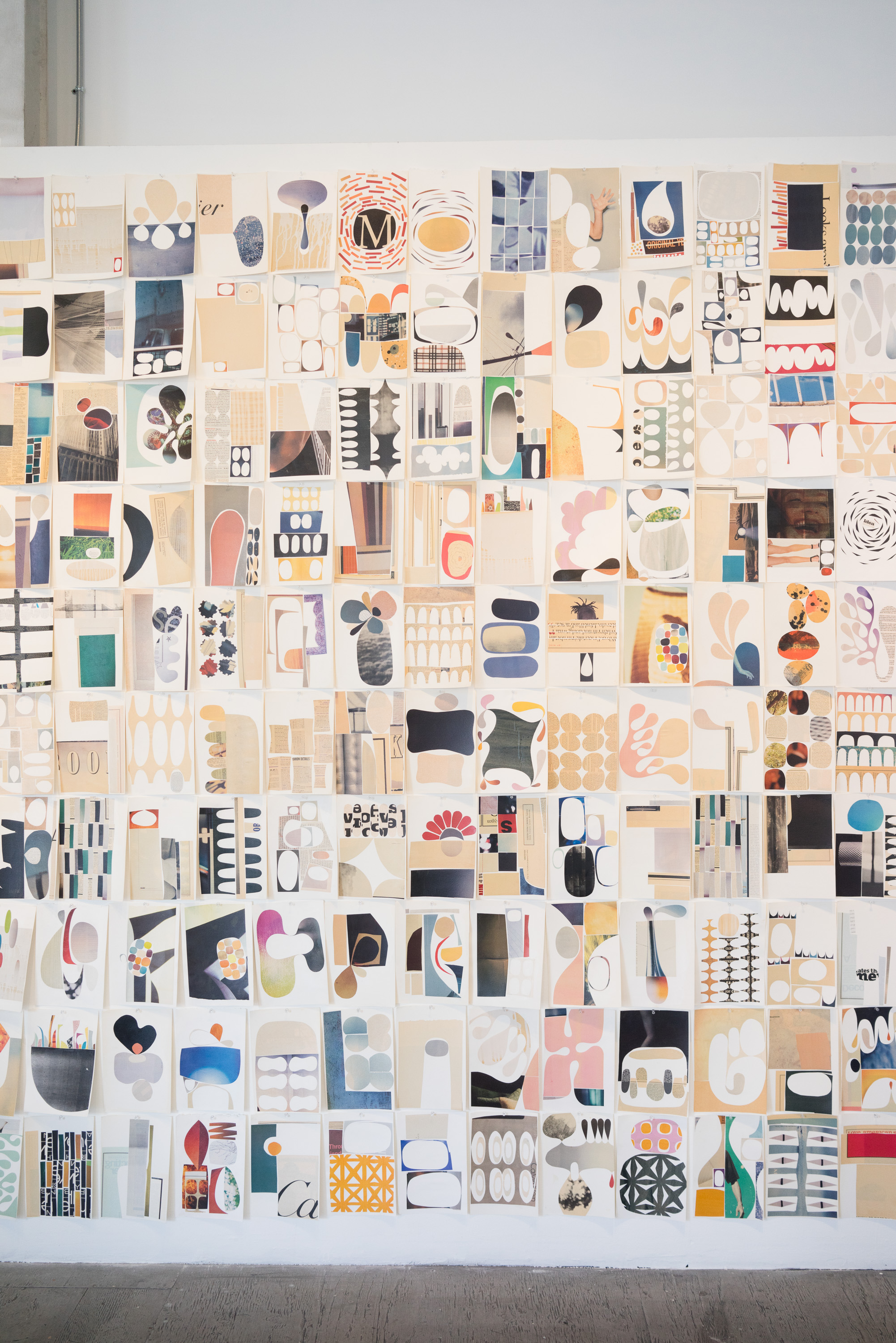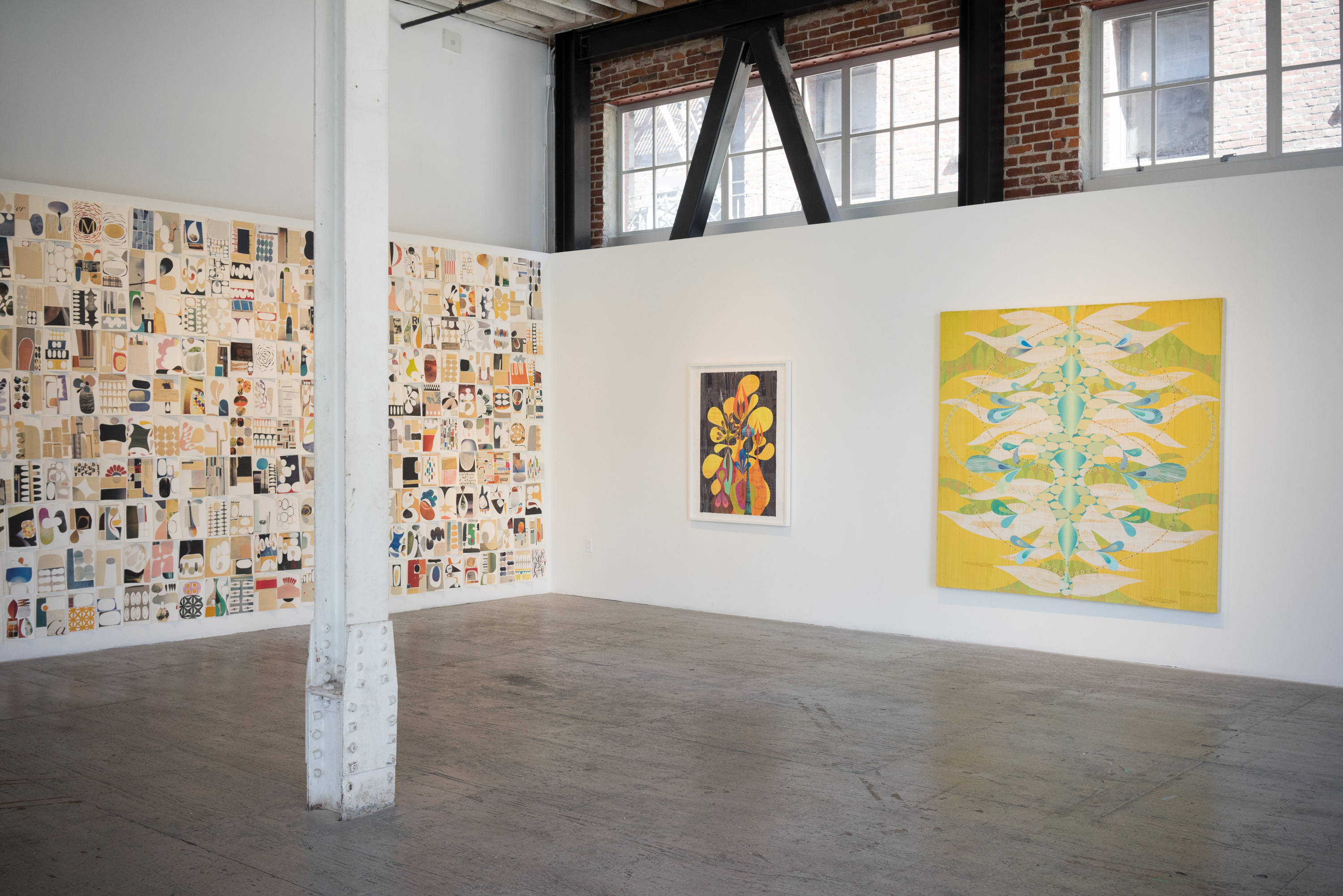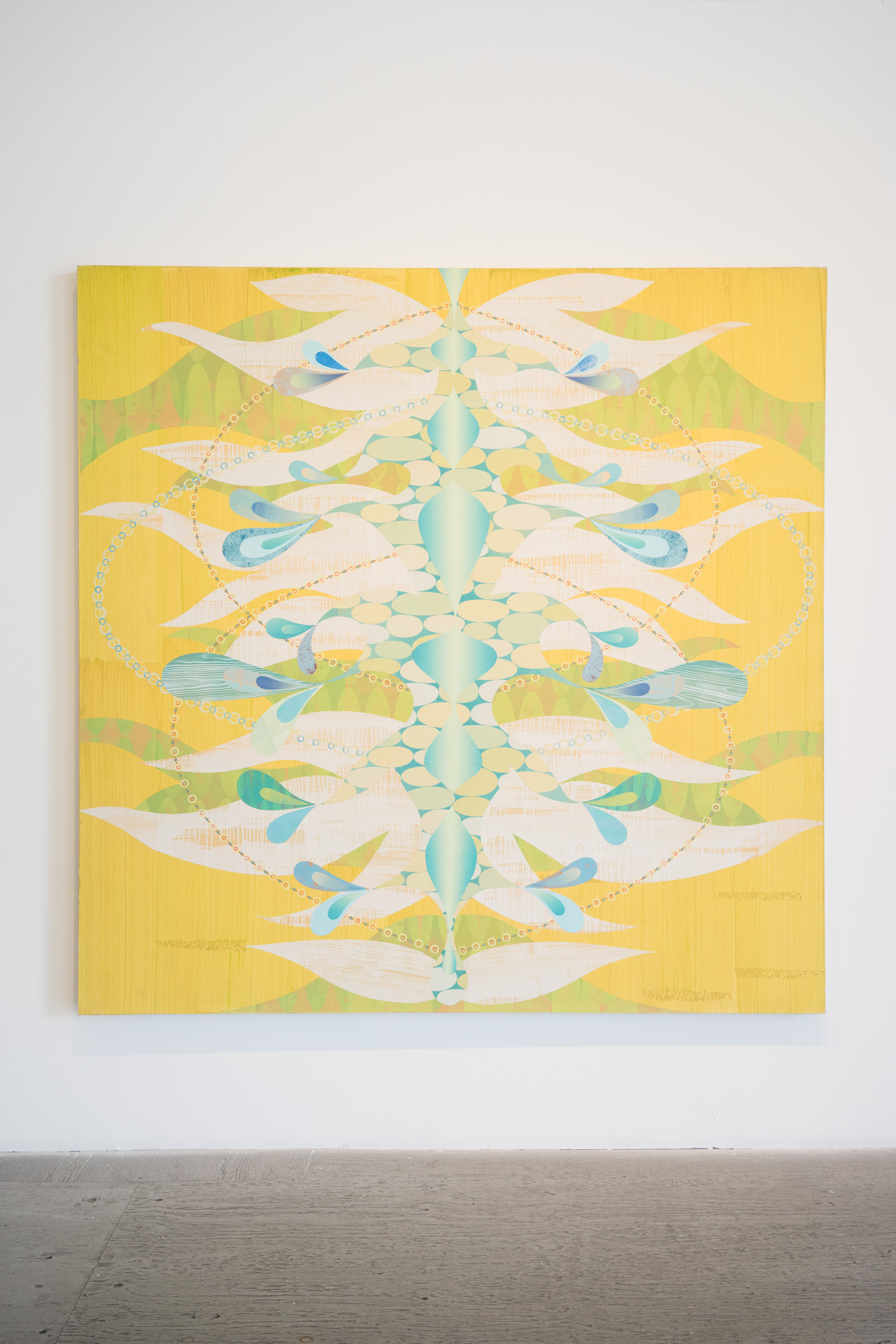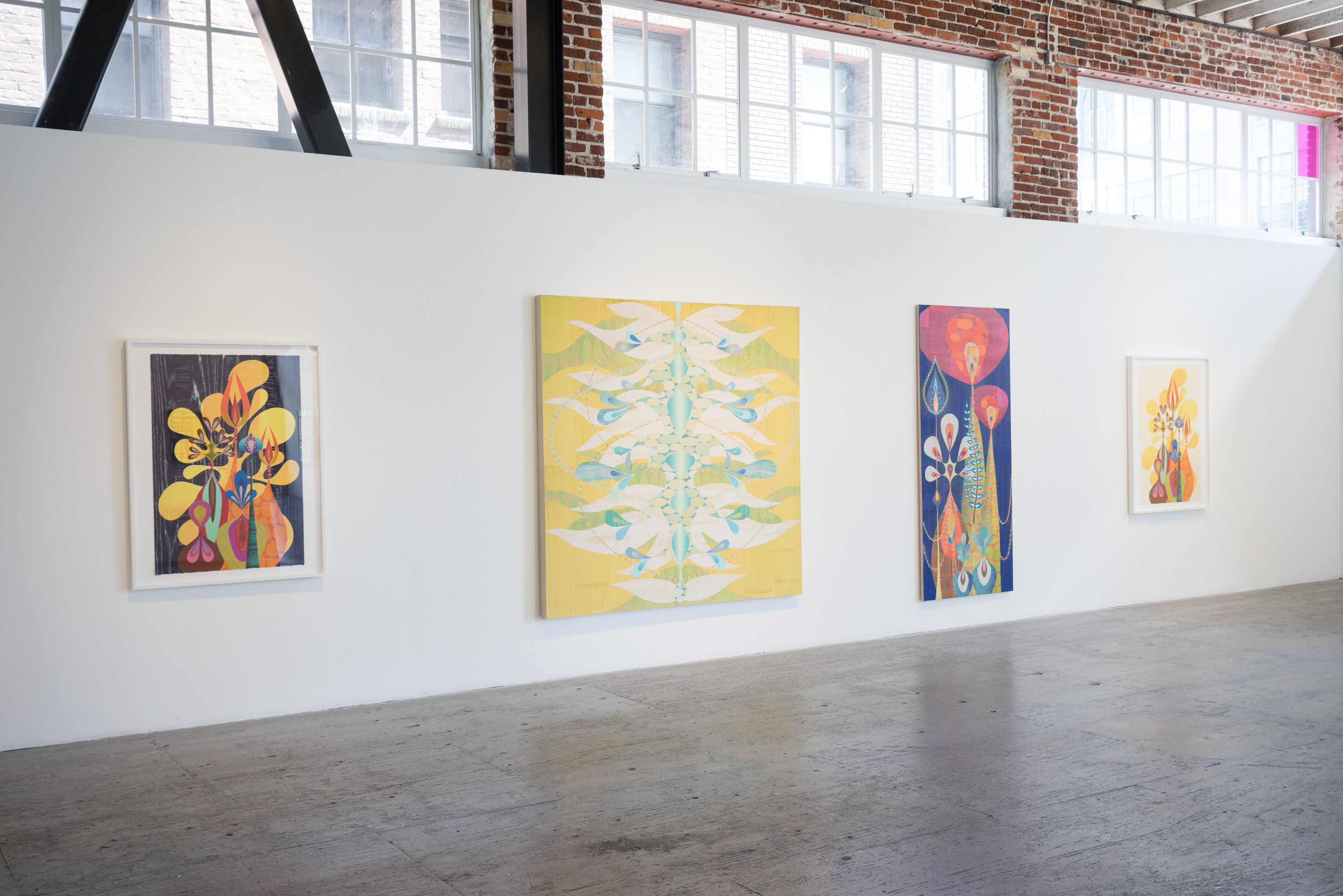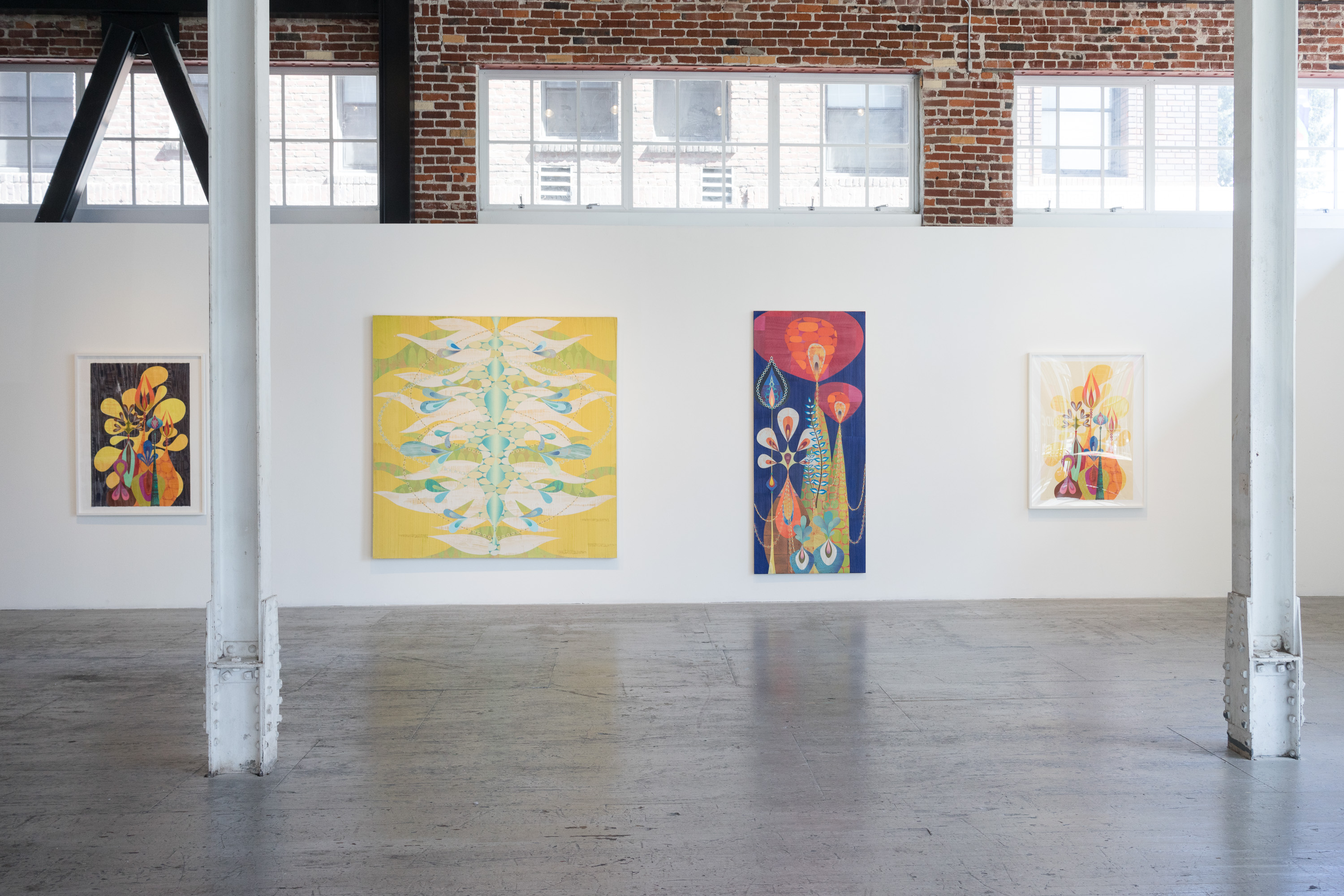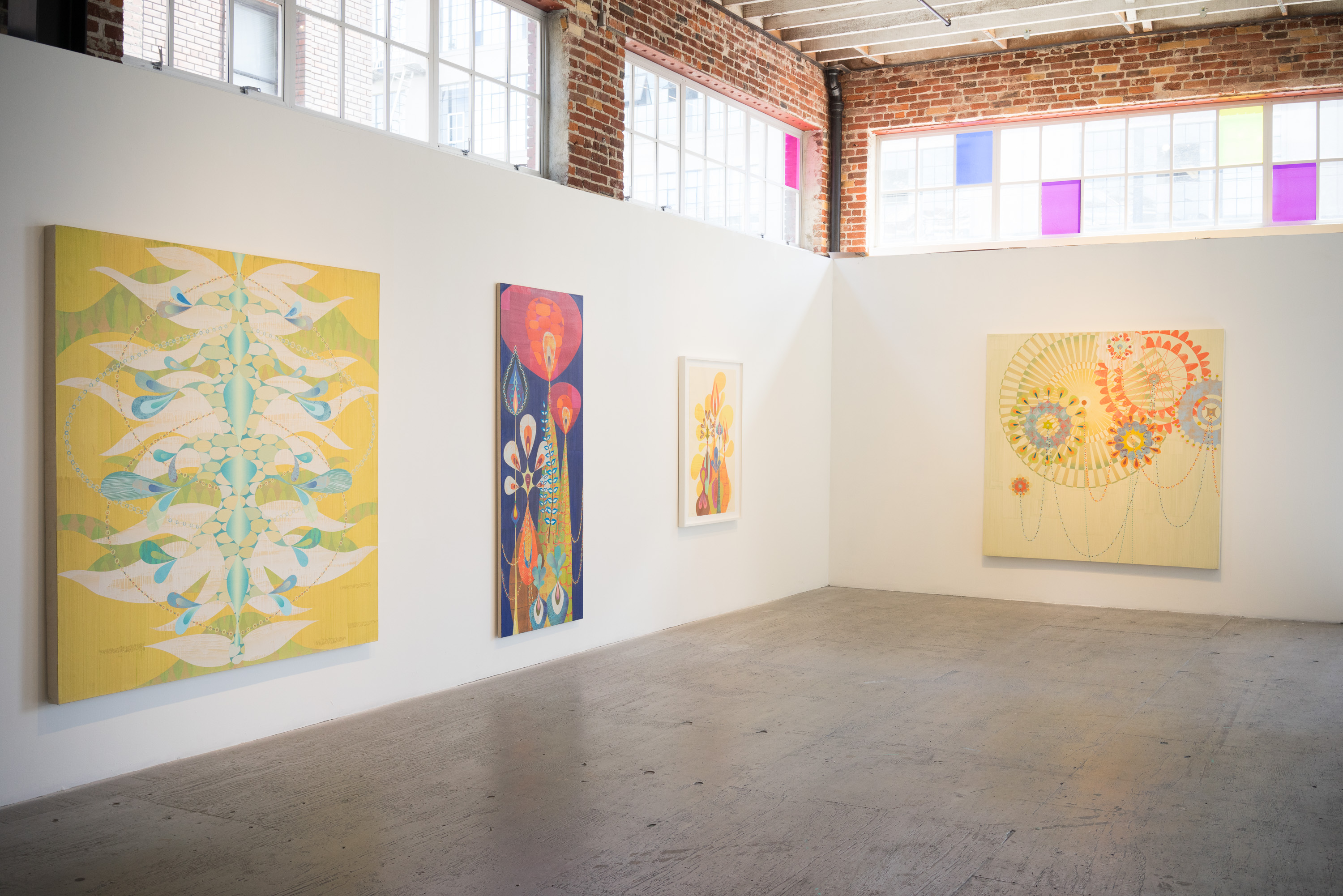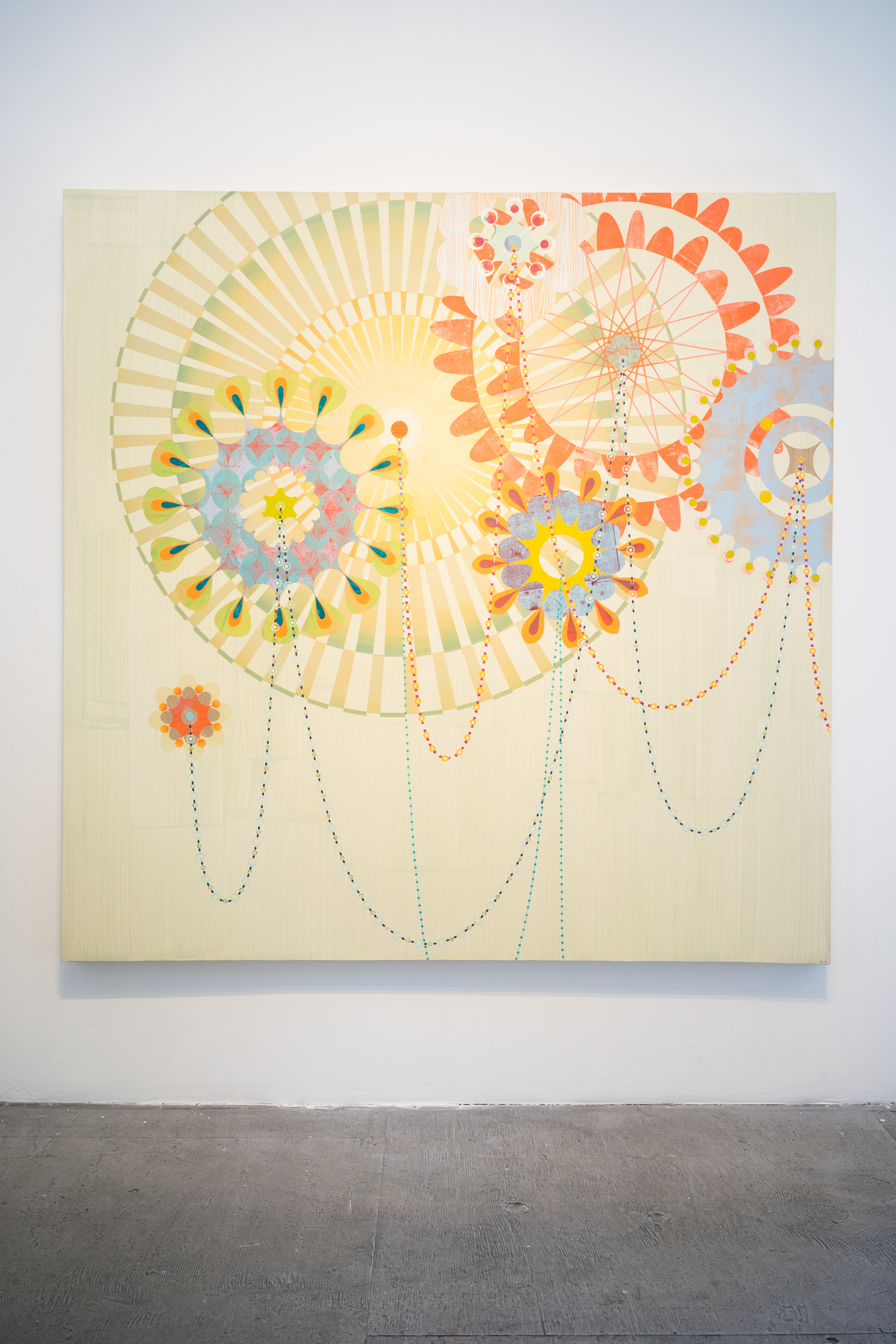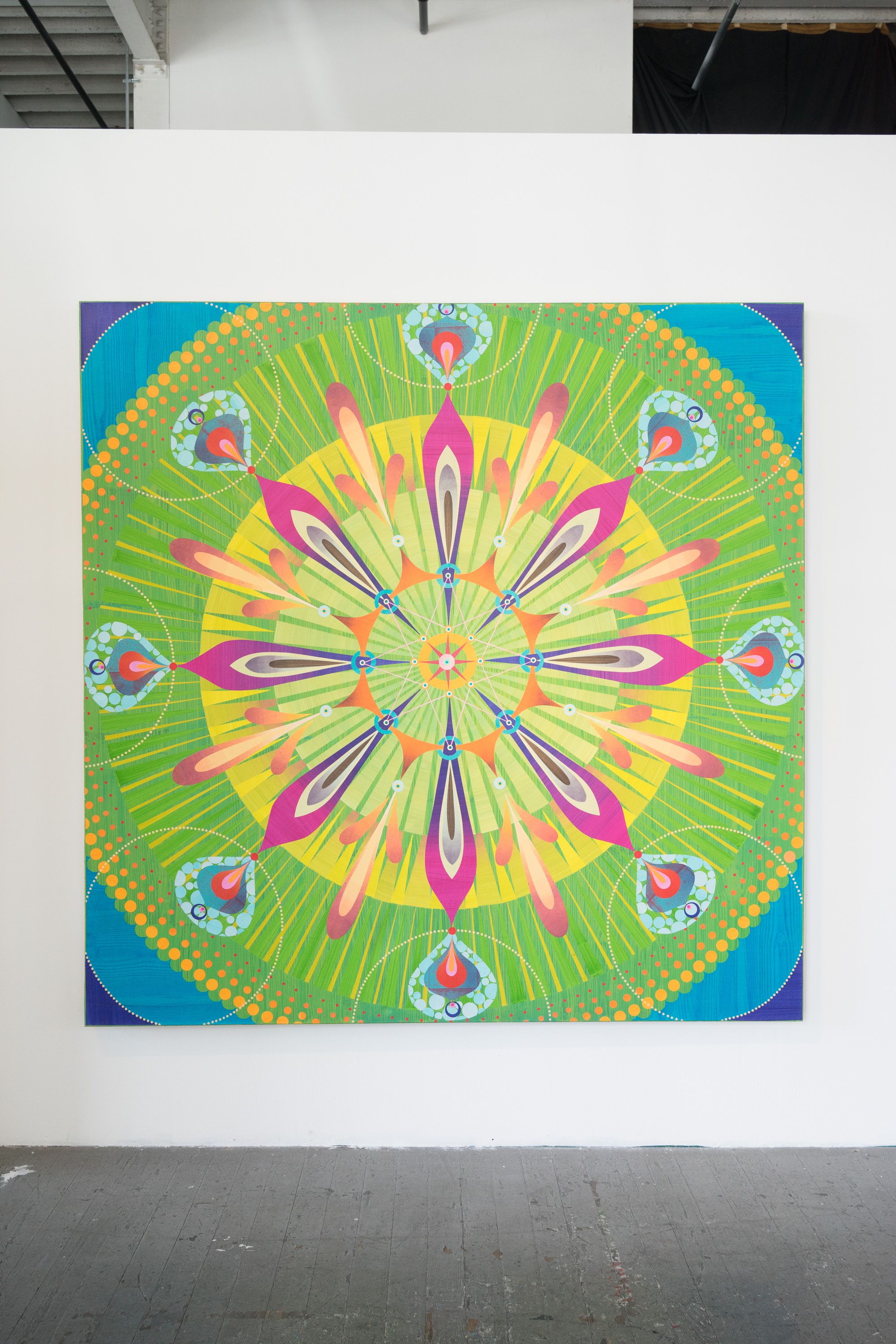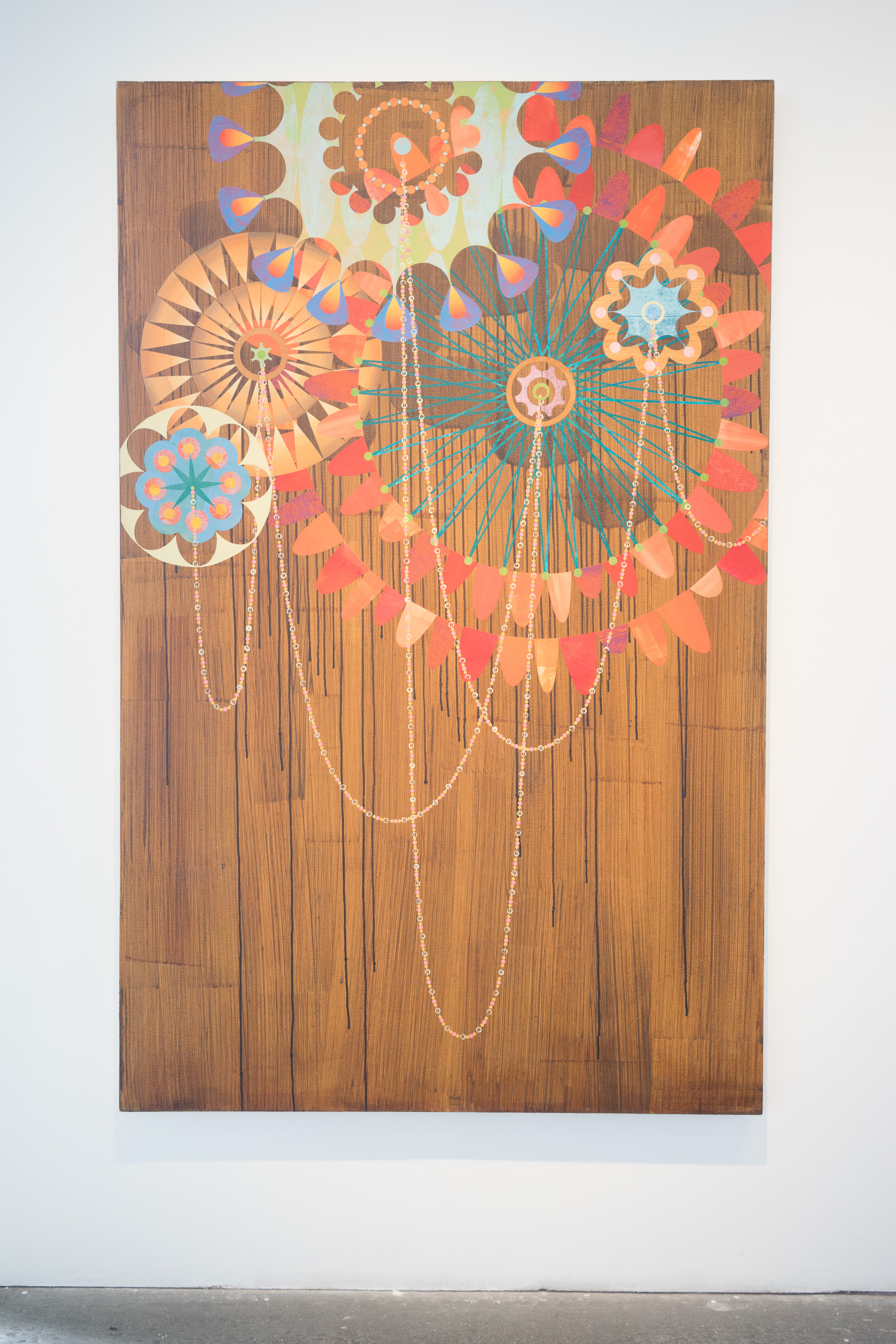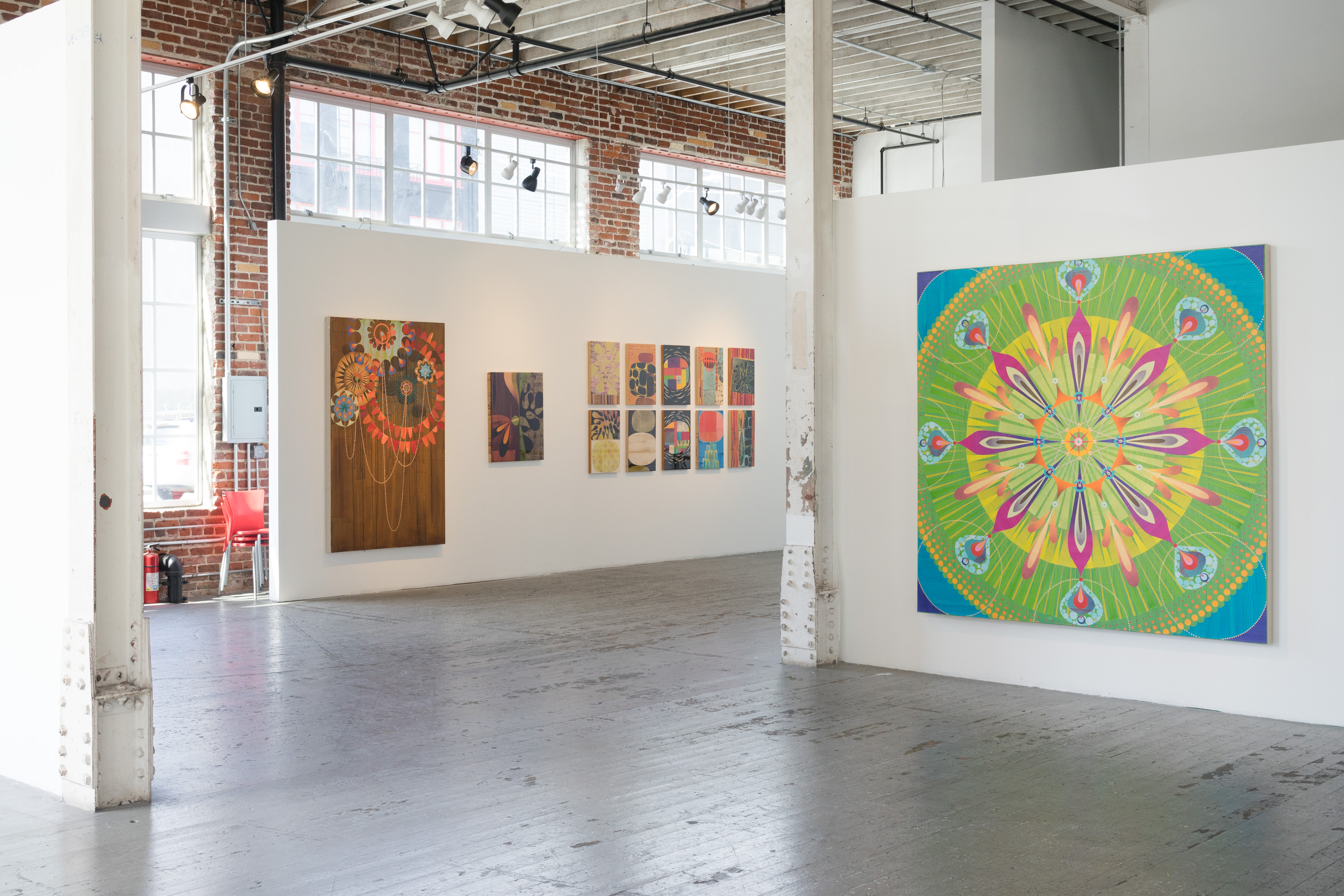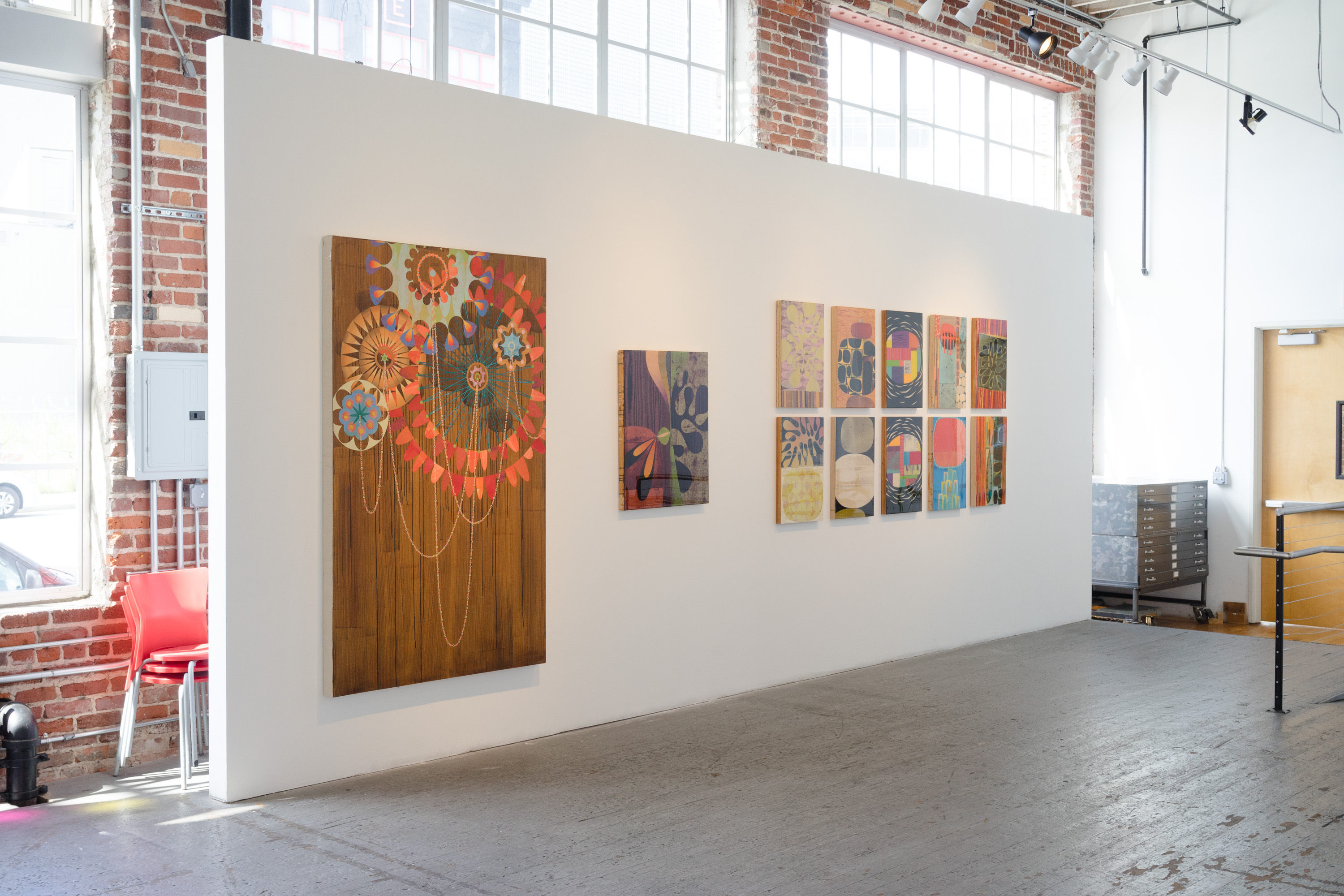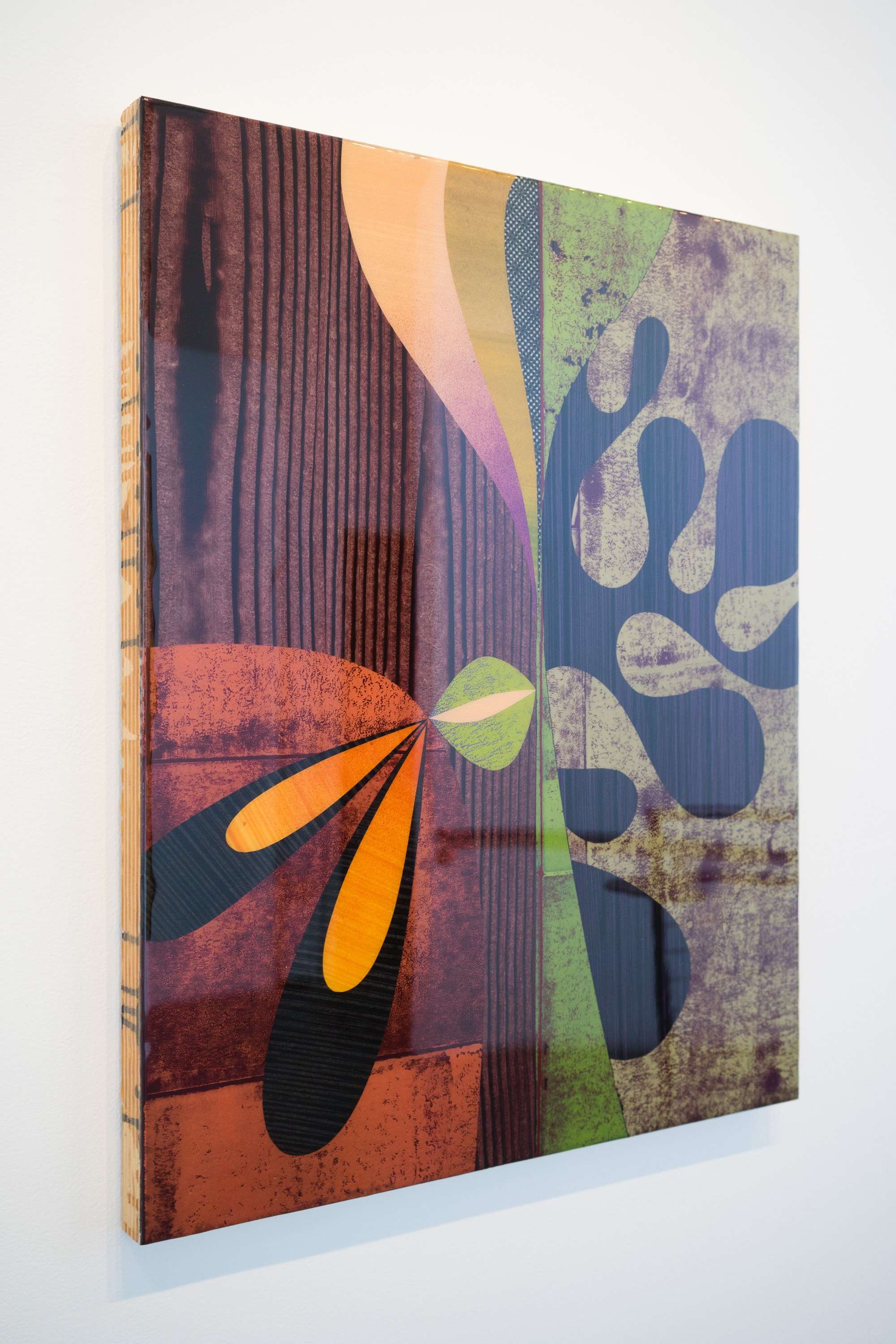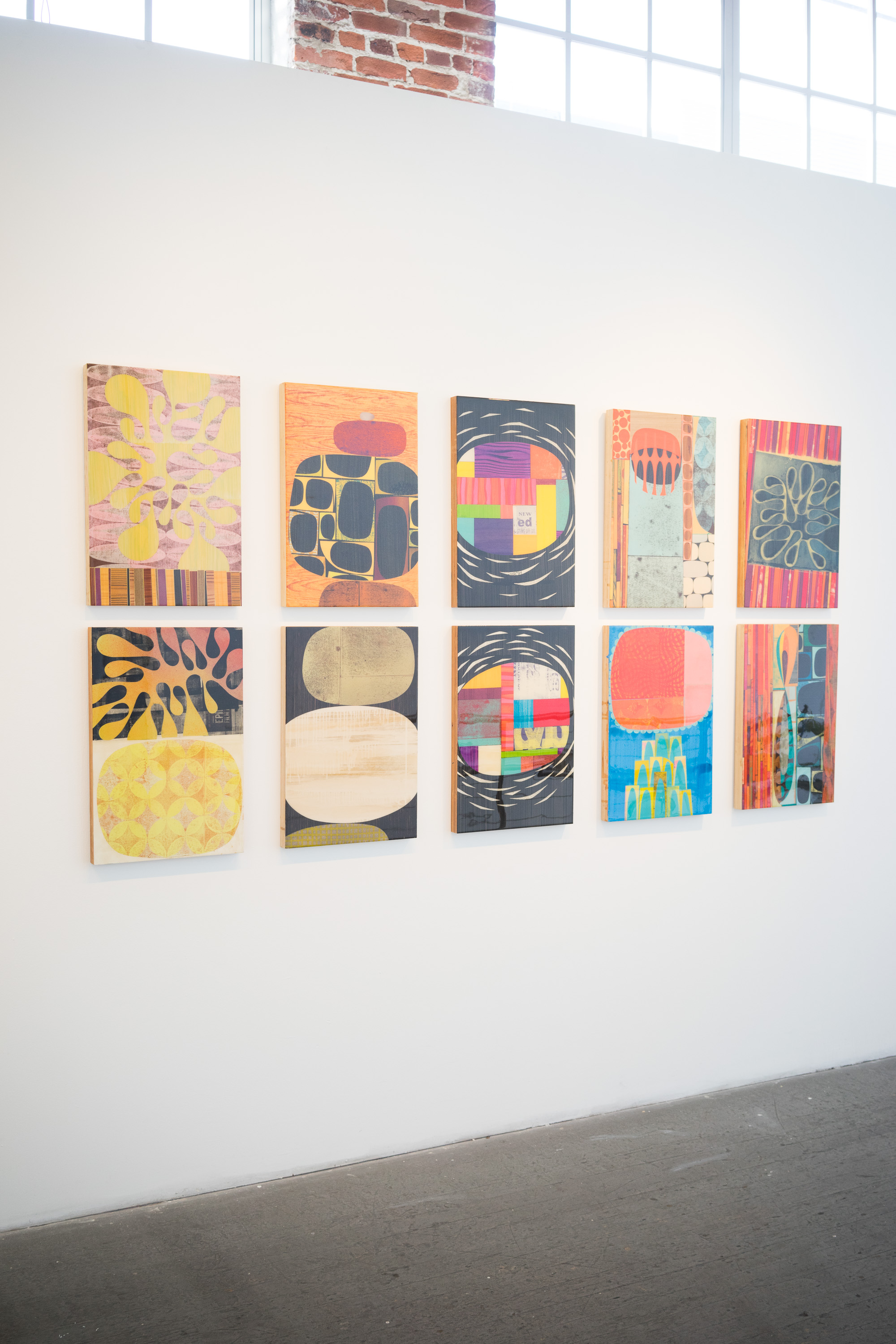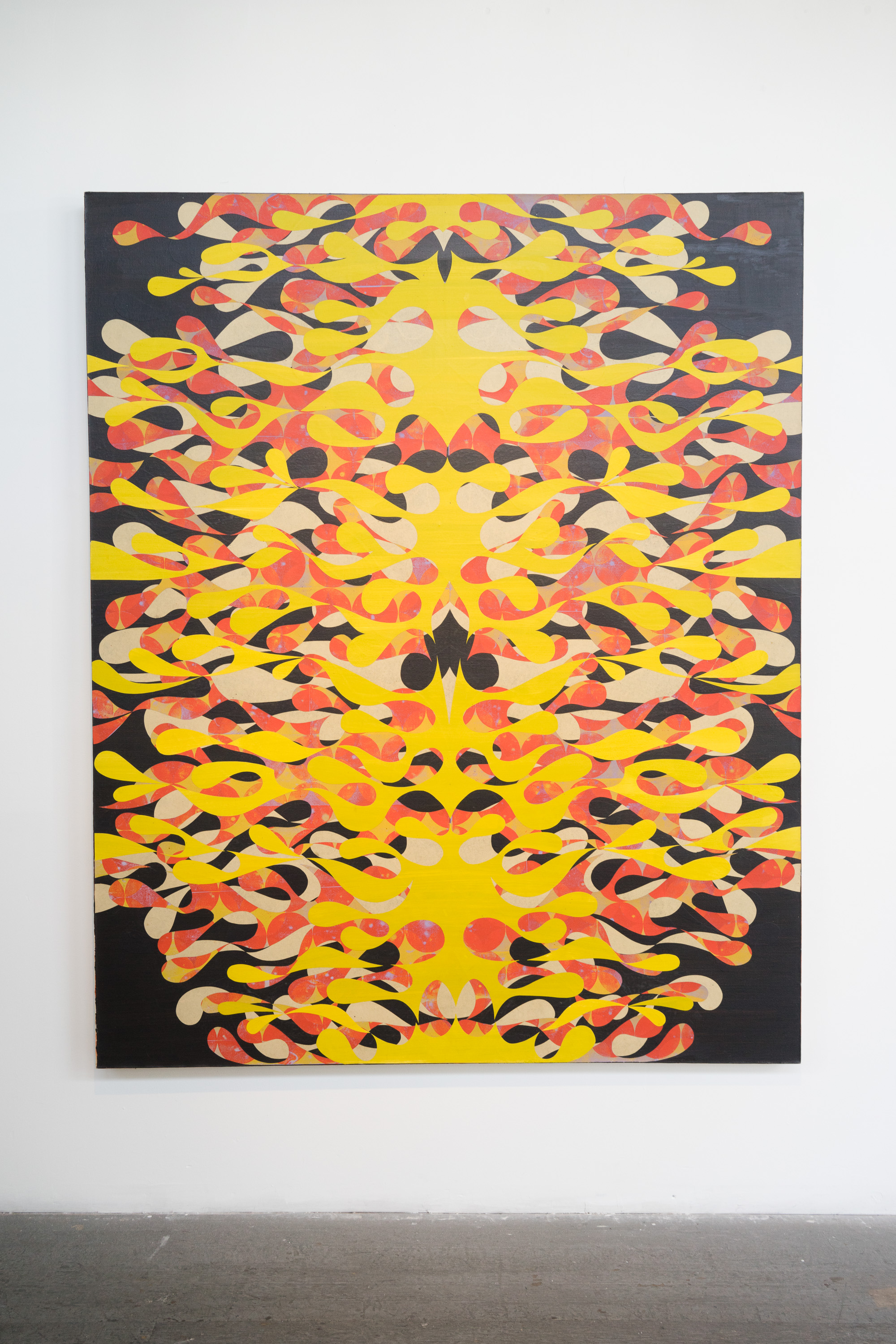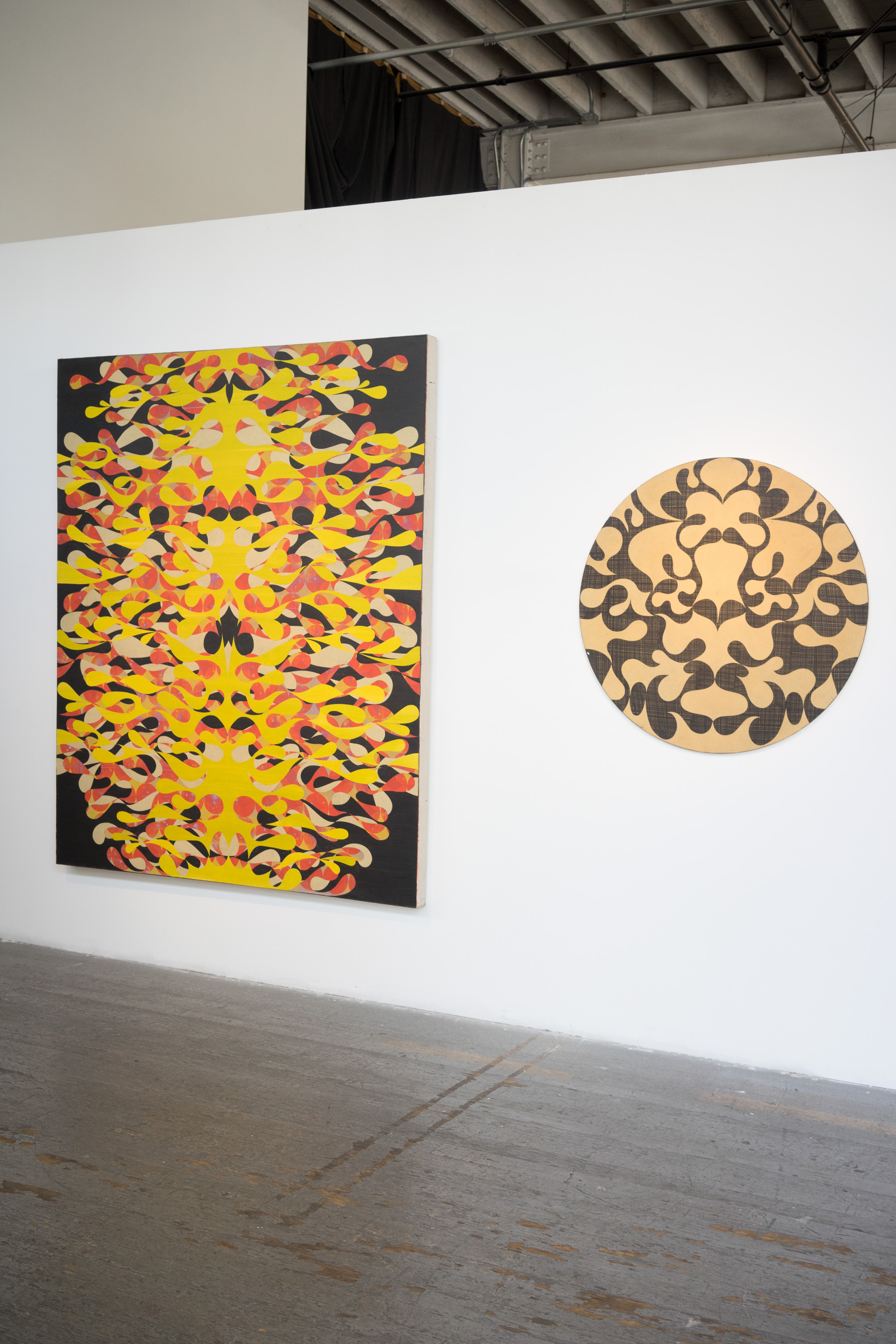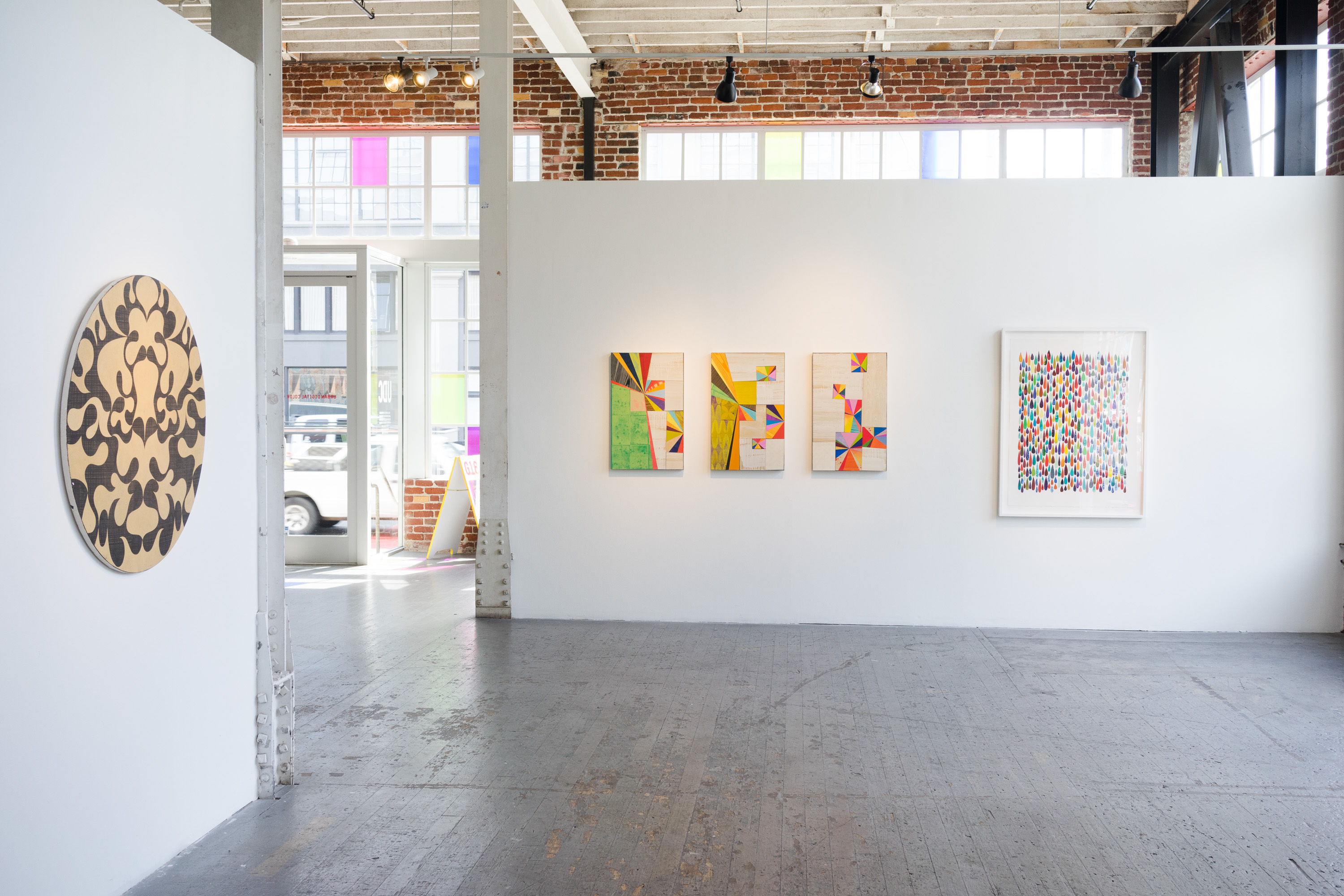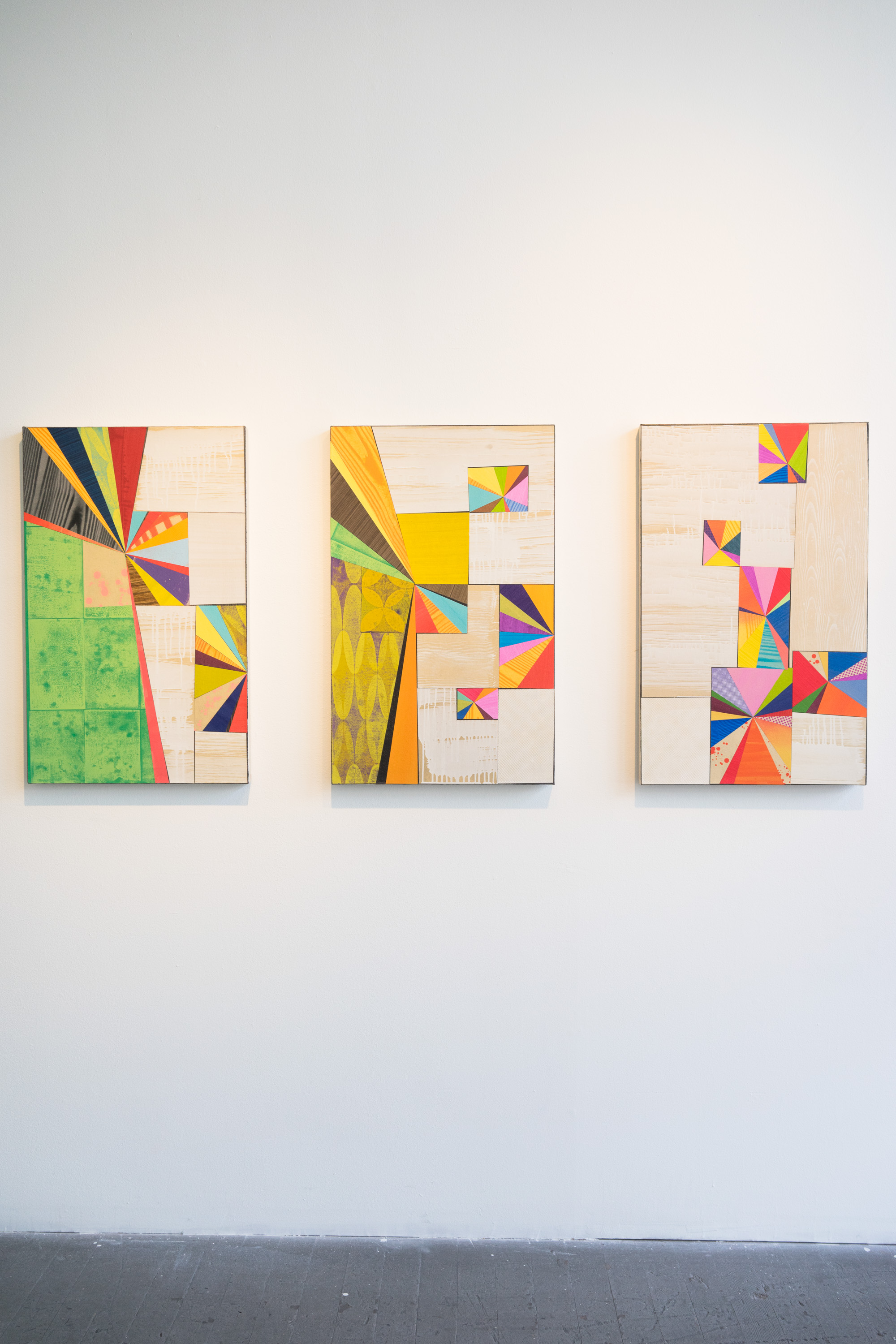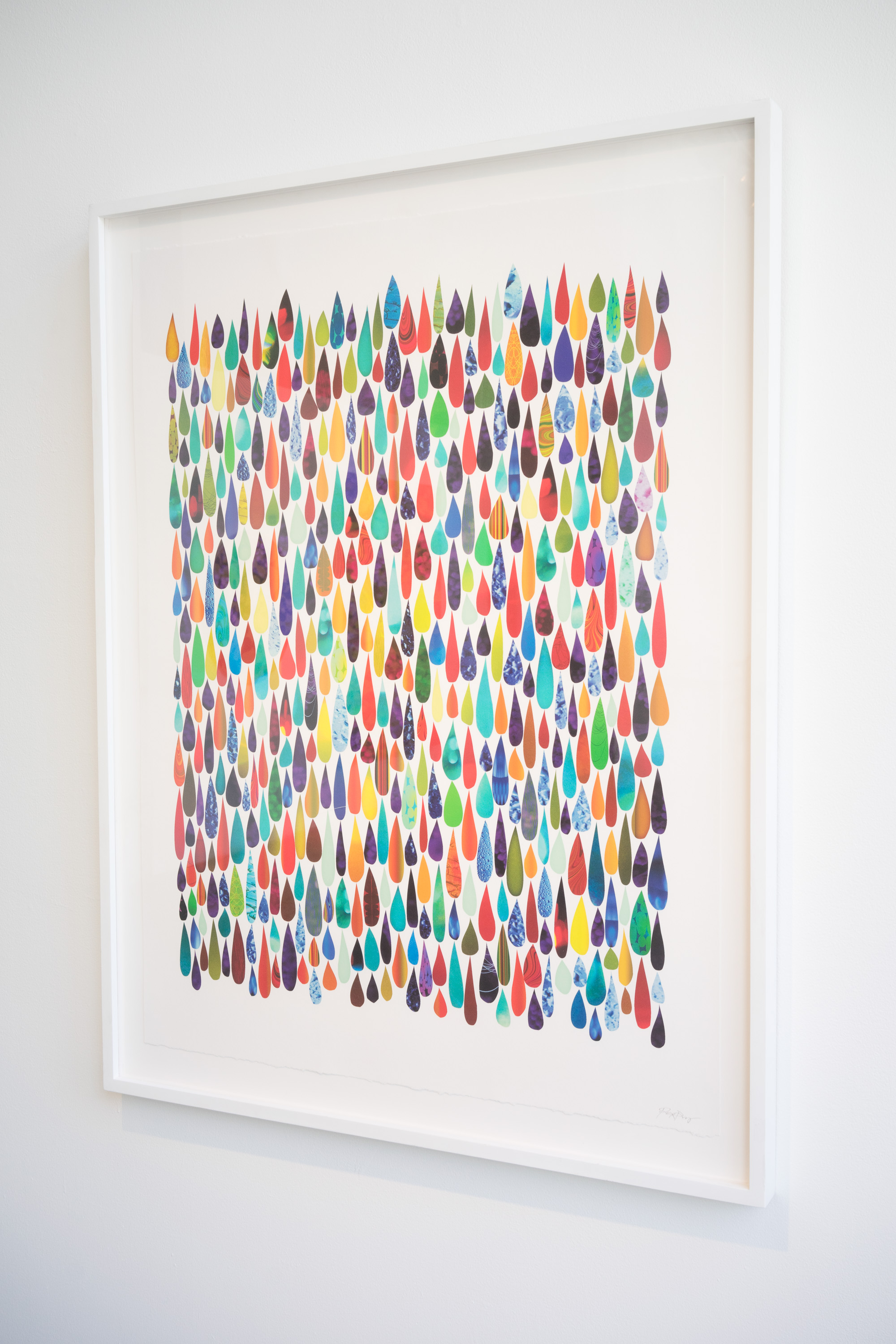We Are All Made of Light
Selected Works
About
REX RAY (Sept. 11, 1956–Feb. 9, 2015) was an American artist best known for his innovative pop aesthetic in fine and commercial art—on canvases, wood panels, album covers, paper, book jackets, murals, and rock and roll posters.
Born in Landstuhl, Germany in 1956, Rex Ray was raised in Colorado Springs. In 1981, Ray moved to San Francisco and attended San Francisco Art Institute where he studied with Sam Tchakalian, Kathy Acker, and Angela Davis, and received his BFA in 1989. The artist became a major force in the Bay Area’s art, literary, and activist communities.
Ray was one of the first artists to use Mac-based technologies in the creative process to generate art and graphics. Early in his career he made his mark with designs including the first graphics for the San Francisco chapter of Act Up; many guerilla marketing flyers and posters for queer night clubs; and numerous book covers for City Lights Books and HIGH RISK/Serpent’s Tail. His impressive client roster in the music, fashion, entertainment, and design industries, includes David Bowie, The Residents, Bill Graham Presents, DreamWorks, Levis, Neiman Marcus, Sony Music, Warner Brothers, and Apple. Rex Ray designs have been licensed and produced as distinctive imagery on scarves, carpets, ceramics, wristwatches, surfboards, and even on a Mini Cooper.
During his lifetime Rex Ray generated a prolific body of painting and works on paper. His technique involved a complicated process that combined Xerography, handmade woodblock prints, newsprint, and magazine images into vibrant color schemes with parabolic forms and abstract patterns. His works reference mid-century modernism, Dada, decorative arts, Fluxus, and Pop Art deployments associated with Andy Warhol and continue to speak to ideas of beauty during eras known for post-modernist and conceptual ideologies.
Ray’s work has been included in exhibitions at the Akron Art Museum; Berkeley Art Museum; Crocker Art Museum, Sacramento; MCA DENVER; McNay Art Museum, San Antonio; San Francisco Museum of Modern Art; San Jose Museum of Art; and Yerba Buena Center for the Arts, San Francisco. Several books including Cut & Paste, Rex Ray: Art + Design, and Information feature images with writings about his career and artistic practice.





